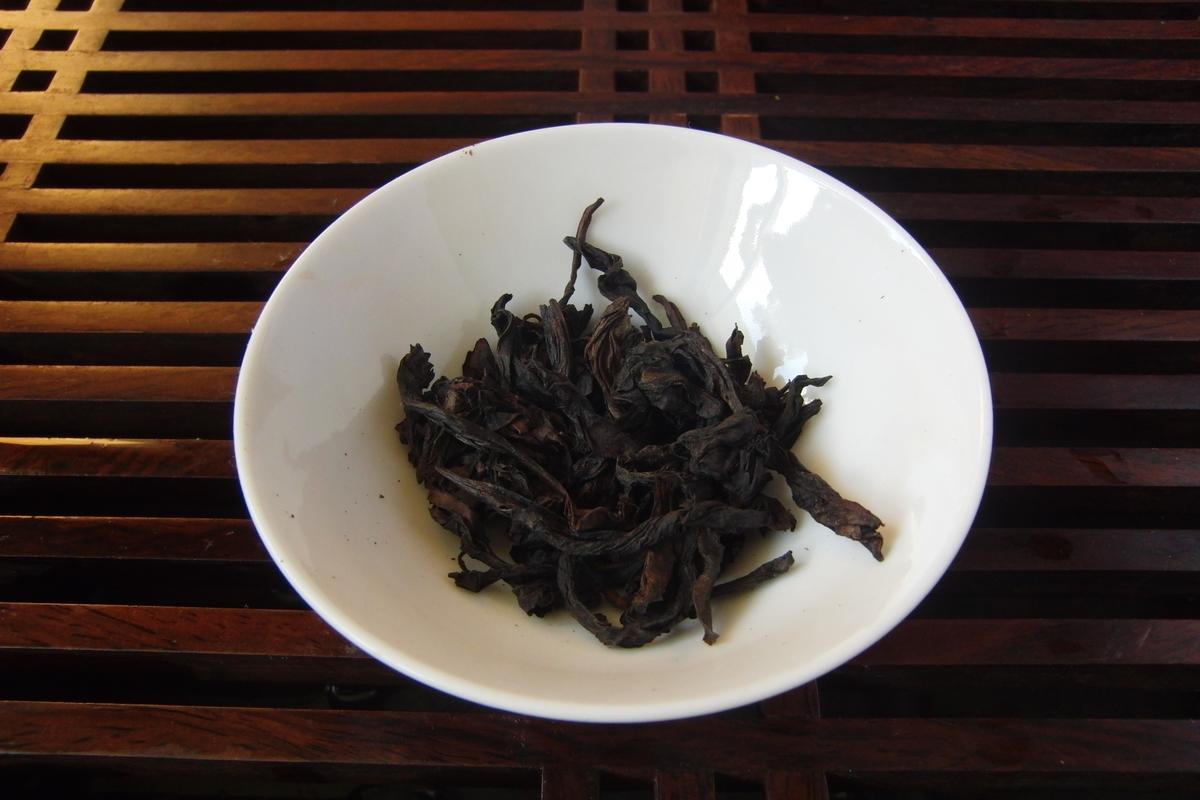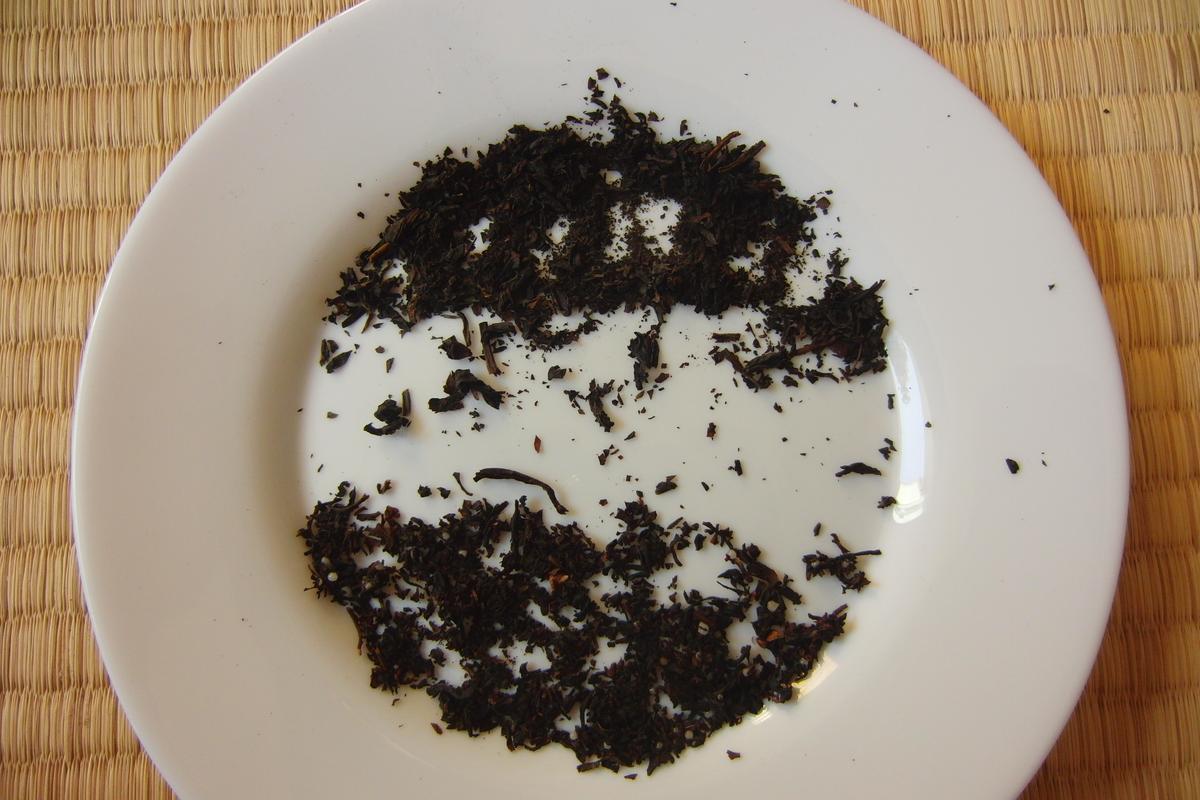When standing at the coffee machine to get hot water for loose tea, some people look sheepish at me and point at the tea leaves in my cup and ask me what it is. I tell them it is called tea, one of the oldest and most popular beverages in the world. They invariably grin.
If I am in a good mood and think their inquiries are sincere, I might tell them a bit more about tea and let them see and smell the infused tea leaves. They invariable say it looks and smells like either spinach or borecole (which literally means “farmer’s cabbage”), a Northern European specialty.
If they wish to give me the impression that they think it’s interesting, they might tell me how they usually drink rosemary tea mixed with cloves and green tea or spearmint with rose buds on top. I invariable grin.
Lecturing about “real” tea at the coffee machine to people who couldn’t care less and just want coffee, quick, is not much fun. But when I am sufficiently offended and moody, I might plunge into it.
It might go something like this: “Tea grows on trees, tea bags do not. Tea, when on a tree, often looks green rather than brown, tea leaves have the shape of leaves rather than the shape of pulverized dust.”
To demonstrate this point I might rip open a tea bag and compare its content with some loose tea leaves.

If they are not impressed yet, which only encourages me to become even more zealous, I will, for educational purposes, take some heavy object to grind these beautiful whole tea leaves into pulverized dust and ask them why they think dust is better than whole leaves?

Since space and time are limited in front of the coffee machine, I have to leave it at that.



